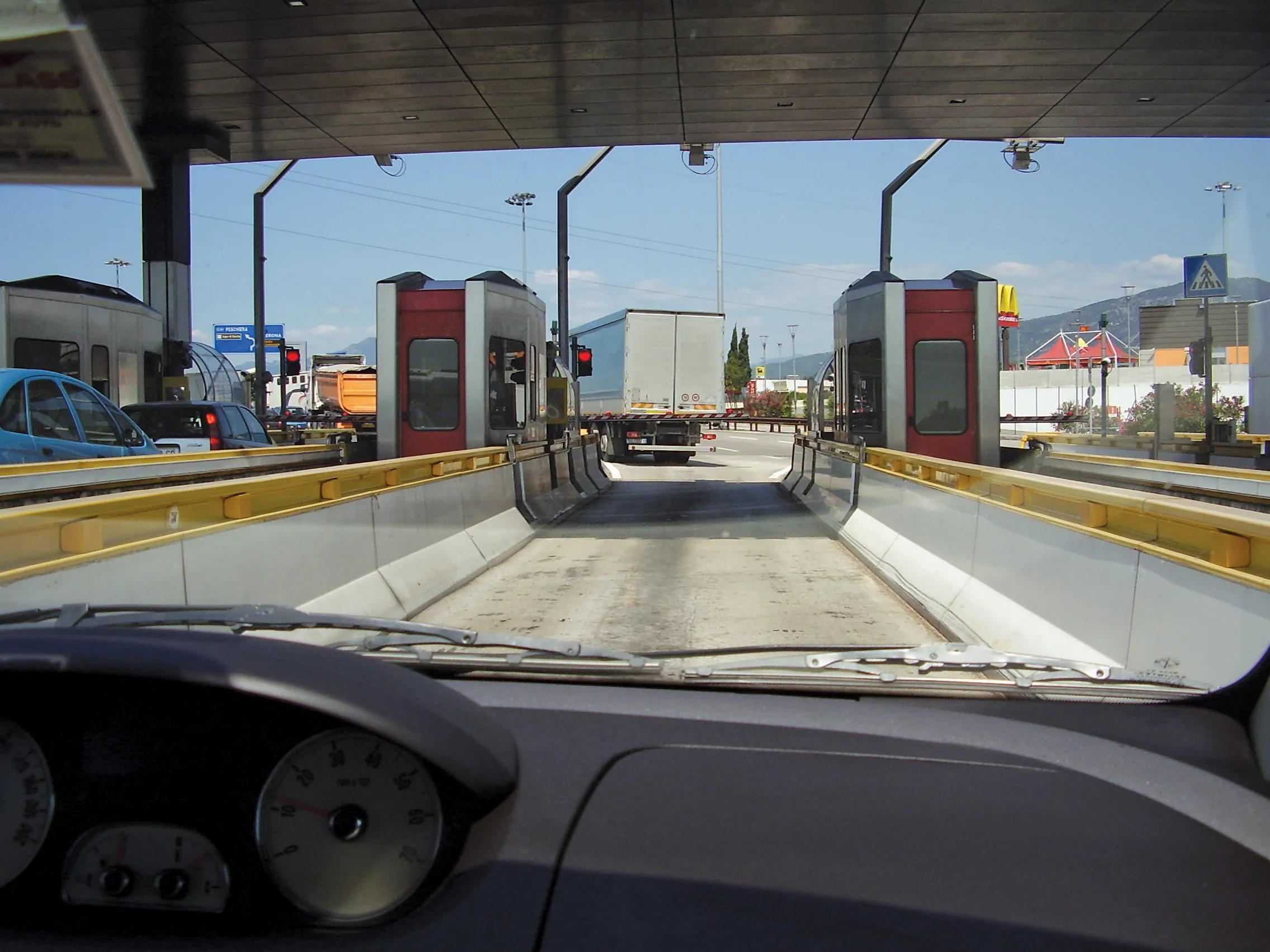The European Commission has warned Portugal to change national rules on the introduction of tolling that are contrary to Community law, a decision that has widespread implications for similar schemes throughout the rest of Europe depending on how what is becoming a complex legal tangle is resolved. In November, 2010, the Aveiro municipality filed a formal complaint against the Portuguese Government to the European Commission objecting to a tolling scheme on the old SCUT highway. It argued that the system wa
April 25, 2012
Read time: 2 mins
The 2465 European Commission has warned Portugal to change national rules on the introduction of tolling that are contrary to Community law, a decision that has widespread implications for similar schemes throughout the rest of Europe depending on how what is becoming a complex legal tangle is resolved.
In November, 2010, the Aveiro municipality filed a formal complaint against the Portuguese Government to the European Commission objecting to a tolling scheme on the old SCUT highway. It argued that the system was “inherently unjust and unfair, penalising users and residents that we have to represent."
Aveiro municipality argued that the introduction of tolls violated the principle of freedom of movement and the principle of non-discrimination on grounds of nationality - both cornerstones of the Community law. It was an unjustified infringement of the principle of free movement of people and a flagrant violation of the principle of non-discrimination of nationality, the municipality stated.
According to the local authority, the complaint first led the EC to make a request for clarification from the Portuguese Government, but there was a "lack of response by the national authorities, the formal submission of a reasoned opinion asking for more explanations and documentation to justify the legislation passed, its meaning and scope.”
The European Commission (EC) has now warned the Portuguese government to change national rules on the introduction of tolls on the SCUT route. If it doesn’t, the EC warned that it will be sued and prosecuted in the EU Court of Justice for infringement and violation of mandatory rules of Community law.
However, the Portuguese government plans to fight the decision. Its economy minister has stated that there is no alternative to the introduction of tolls. "It should be noted that Brussels will certainly be sensitive to our economic argument and the argument of the principle of user pays,” he said
In November, 2010, the Aveiro municipality filed a formal complaint against the Portuguese Government to the European Commission objecting to a tolling scheme on the old SCUT highway. It argued that the system was “inherently unjust and unfair, penalising users and residents that we have to represent."
Aveiro municipality argued that the introduction of tolls violated the principle of freedom of movement and the principle of non-discrimination on grounds of nationality - both cornerstones of the Community law. It was an unjustified infringement of the principle of free movement of people and a flagrant violation of the principle of non-discrimination of nationality, the municipality stated.
According to the local authority, the complaint first led the EC to make a request for clarification from the Portuguese Government, but there was a "lack of response by the national authorities, the formal submission of a reasoned opinion asking for more explanations and documentation to justify the legislation passed, its meaning and scope.”
The European Commission (EC) has now warned the Portuguese government to change national rules on the introduction of tolls on the SCUT route. If it doesn’t, the EC warned that it will be sued and prosecuted in the EU Court of Justice for infringement and violation of mandatory rules of Community law.
However, the Portuguese government plans to fight the decision. Its economy minister has stated that there is no alternative to the introduction of tolls. "It should be noted that Brussels will certainly be sensitive to our economic argument and the argument of the principle of user pays,” he said






